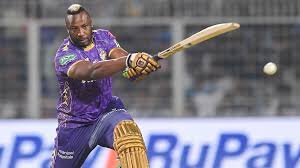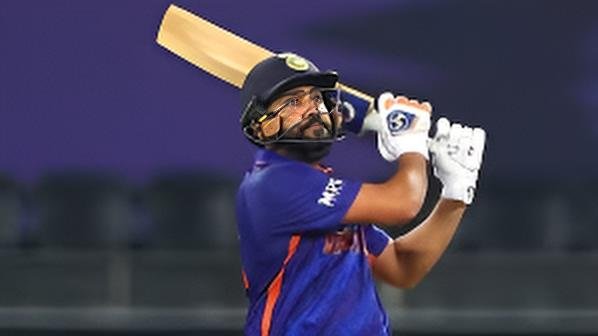For those who seek a life of activity and train to their fullest potential, athletics, or even fans, proper sports nutrition and health habits play a significant role. The knowledge of performance science-from diet details, supplementation, and nutrition, to recovery and training regimes-can truly work wonders inside or outside the field.
Balanced Diet for Peak Performance
The need for nourishment of an athlete requires a very specific proportion of proteins, carbohydrates, and fats related to the sports activity and energy requirement of the athlete. Lean calories tend to build and repair muscles, while complex carbohydrates provide endurance, and fats cover general well-being. Then, hydration also matters, lest one feels tired and underperforms.
Role of Supplements
Supplements complement the balanced nutrition to improve performance and accelerate recovery. Typically, one would consider:
- Protein powder for muscle repair and growth;
- Electrolytes to replace minerals excreted by sweat;
- Omega-3 fatty acids for joint health and inflammation-resolving properties.
Experts recommend taking supplements only if there is necessity, and only under expert advice.
Recovery and Injury Prevention
Recovery strategies go hand in hand with training itself. Stretching, massage, cryotherapy, or even good old sleeping helps athletes keep muscle soreness at bay, so to prevent injuries and maintain long-term performance. Right-from-nutrition-type fare is also crucial, especially post-workout meals to hasten speedy recovery.
Why Sports Nutrition Matters
Skillful nutrition and health management are essentially designed for sports excellence, endurance enhancement, and general wellbeing-building-theaker. These are therefore aptly essential for any athlete throughout life. For a handful of fans and casual fitness enthusiasts, following these principles will build into better energy output, further enhanced fitness, and lesser injury risk.





